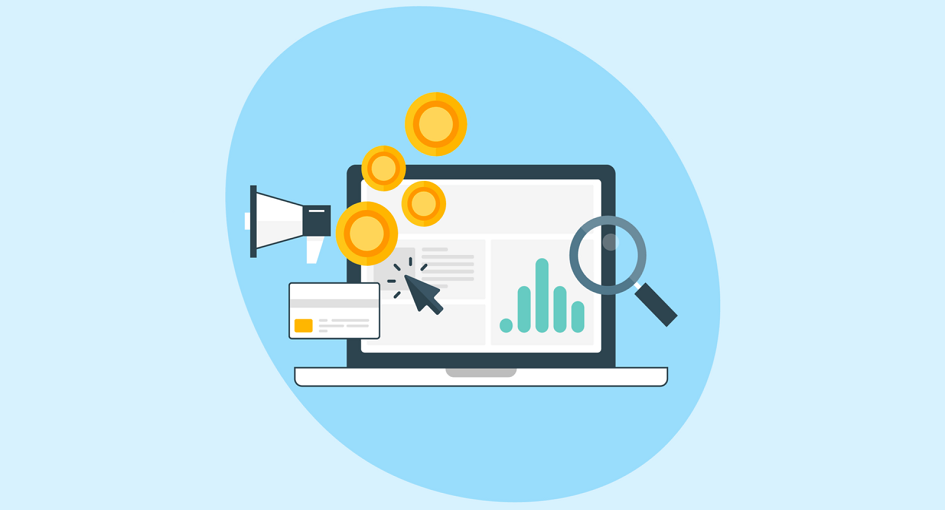
Pay-per-click (PPC) advertising is a powerful tool for driving targeted traffic to your website, generating leads, and increasing sales. However, achieving success in the competitive world of PPC requires a strategic approach and continuous optimization. This comprehensive guide will explore best practices for improving PPC performance to help you maximize your Return on Investment (ROI).
Keyword research is the foundation of any successful PPC performance campaign. Start by identifying relevant keywords that align with your business goals and target audience. Use tools like Google Keyword Planner, SEMrush, and Ahrefs to discover high-performing keywords and their search volumes. Consider both short-tail and long-tail keywords to capture a broader audience.
Equally important to finding the right keywords is excluding irrelevant or underperforming ones through negative keyword optimization. Negative keywords prevent your ads from showing for irrelevant searches, reducing wasted ad spend and improving click-through rates.
Craft compelling and relevant ad copy that captures the essence of your offer. Highlight unique selling points, benefits, and a clear Call to Action (CTA). A/B tests different ad variations to identify which ones resonate best with your audience.
Ensure that your landing pages align seamlessly with your ad copy and keywords. Landing pages should load quickly, be mobile-responsive, and provide a clear path for visitors to take the desired action, whether it’s making a purchase, filling out a form, or signing up for a newsletter.
Take advantage of ad extensions to enhance your ad’s visibility and provide additional information to users. Extensions like site links, callouts, and structured snippet extensions can improve ad relevance and click-through rates.
Google assigns Quality Scores to your keywords based on their relevance to your ads and landing pages, as well as their click-through rates. A higher Quality Score can lead to lower costs per click and better ad placements. Focus on improving ad relevance, click-through rates, and landing page quality to boost your Quality Scores.
Refine your PPC performance campaigns by targeting specific geographic locations and device types that are most relevant to your audience. Adjust bids and ad copy based on user behavior and preferences on different devices and in different regions.
Analyze your campaign data to identify peak performance hours and days. Use ad scheduling to adjust bids during these times and allocate your budget strategically to maximize conversions when your audience is most active.
Implement an effective bid management strategy. Consider automated bidding options like Google’s Smart Bidding, which uses machine learning to optimize bids for conversions or other goals. Regularly review and adjust your bidding strategy based on performance data.
Leverage the power of remarketing to re-engage users who have previously visited your website but didn’t convert. Create tailored ads to remind them of your products or services and entice them to return and complete their desired action.
Continuous A/B testing is essential for PPC success. Experiment with ad variations, landing page changes, and different targeting options to identify what resonates most with your audience and yields the best results.
Implement accurate conversion tracking to measure the success of your PPC campaigns. Tracking actions such as form submissions, e-commerce transactions, and phone calls allows you to calculate your ROI accurately and make data-driven decisions.
Allocate your budget strategically across campaigns and keywords based on their performance. Focus more budget on high-converting keywords and campaigns while optimizing or pausing underperforming ones.
Regularly monitor and analyze your competitors’ PPC strategies. Identify opportunities to outperform them by refining your keyword selection, ad copy, and bidding strategies.
Stay vigilant by continuously monitoring your PPC campaigns. Utilize analytics platforms and reporting tools to track key performance metrics. Regularly review and adjust your strategies based on data insights to maintain optimal performance.
In conclusion, improving PPC performance is an ongoing process that requires dedication and a commitment to best practices. By following these strategies, you can enhance your PPC campaigns, increase your ROI, and drive valuable traffic to your website. Remember that the digital advertising landscape is dynamic, so regularly adapt your approach to stay ahead of the competition and achieve long-term success in PPC advertising.